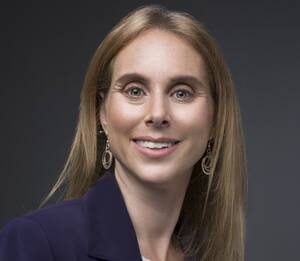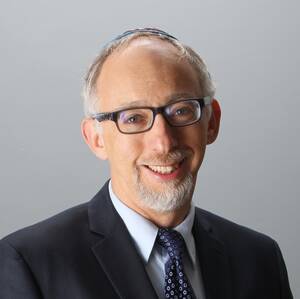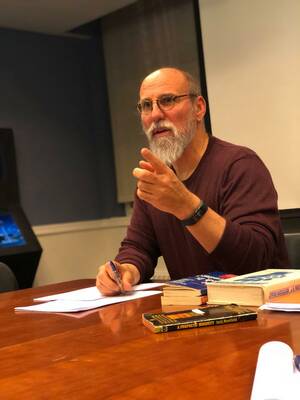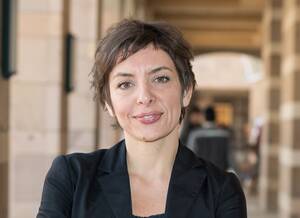Let’s Deal in Reality, Not Theory
Rabbi Jill Jacobs argues against “diving back into political theory.”
This article is part of a roundtable on JVP’s statement on Zionism. Click here to read the rest of the conversation.
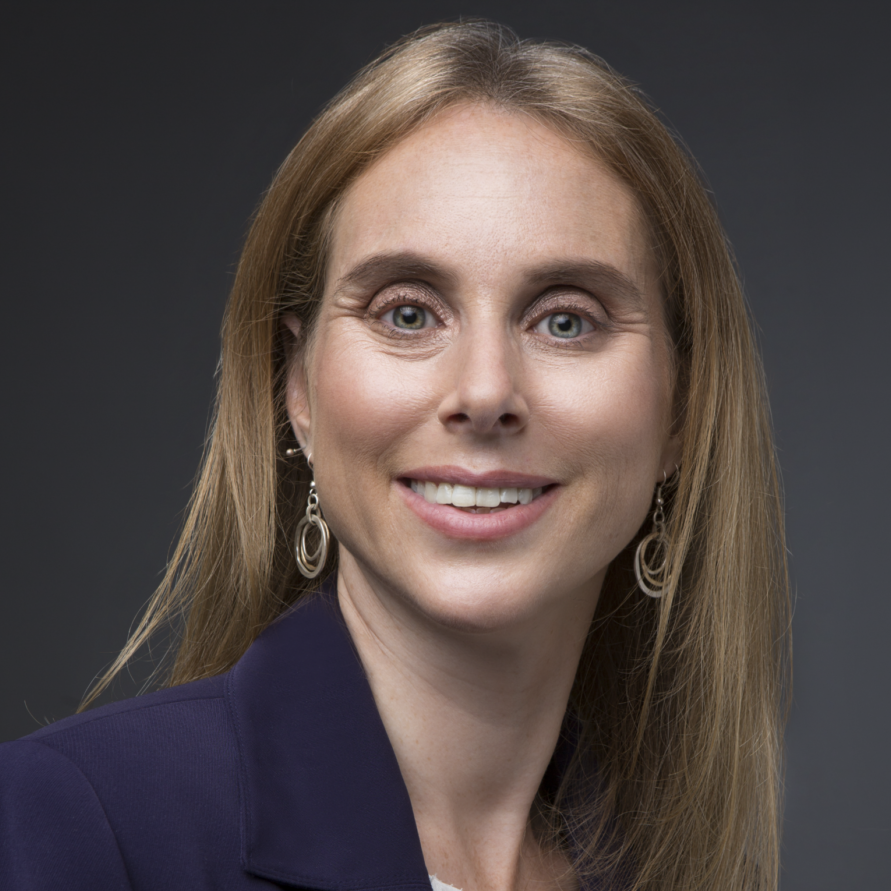
IN OFFICIALLY DECLARING itself anti-Zionist, JVP has reopened century-old debates about Jewish political organization. But instead of diving back into political theory, it’s time to address the reality of Israel and the occupied Palestinian territories.
Many of those who claim an anti-Zionist identity claim to be the inheritors of the political legacy of 19th and early 20th century Jewish opponents of Zionism, including the early Reform Movement and Agudat Yisrael. These leaders, however, were arguing about whether to pursue creating a modern Jewish state in that historical moment or whether to assert Jewish national rights where they lived. They were not discussing an existing state of seven decades. Imagining an alternative history might be an enticing premise for a novel. But today’s Israel is not a theoretical concept; it is a real society with real people and moral flaws—first among these the occupation—that demand real solutions.
The history of Zionism is long and complicated, and too often flattened by both the far right and the far left, who argue for the full conflation or full separation of Jewishness and Zionism, respectively. At its core, though, Zionism represented both a continuity and discontinuity with Jewish history in its translation of Am Yisrael (the people of Israel) into the modern language of nationhood, and its assertion that Jews could use modern political means to return to our ancient homeland, rather than wait for a messianic era. “The redemption will begin with efforts by the Jews themselves,” asserted Rabbi Yehudah Alkalai, a Sephardic rabbi and intellectual founder of religious Zionism, in his 1843 book Minchat Yehudah, “They must organize and unite, choose leaders, and leave the lands of exile . . .”
Despite persistent claims to the contrary, not all early Zionists were ignorant of the presence of an indigenous population; some entertained visions of harmony between Jews and Palestinians. Such fantasies came to a screeching halt with the bloodshed and displacement that accompanied the founding of the state. This included escalating violence between the populations in the 1920s and 1930s, and the 1948 war that resulted in the displacement of more than 700,000 Palestinians. Just as Israel must come to terms with the Nakba, the Palestinian “catastrophe,” pro-Palestine activists must come to terms with the death of 1% of Israel’s Jewish population in that war, and with the absorption of one million Holocaust survivors and of hundreds of thousands of Jews from Arab countries. These are deep-seated traumas that make both peoples hold fiercely to their narratives and identities.
Yet activists can work from a place of hope. Just as the United States and every other country forged in blood must come to terms with—and make reparation for—their own painful histories, Israel must, and can. Just as we need not assume that the US’s past injustices doom its future, we should not presume that Israel’s current and past human rights violations mean the state can never live up to the ideal of a liberal democracy.
But we cannot go back in time. Today, we must grapple with the reality of a country with eight million citizens, 80% Jewish and 20% Palestinian, most of whom possess no other citizenship, as well as approximately five million non-citizen Palestinians under its jurisdiction. The question we should be discussing is not whether Israel should theoretically have come to exist, but how to ensure that Palestinians have the same right to self-determination that Israeli Jews attained in 1948.
We must not reduce contemporary Israelis to historical relics called “Zionists,” but rather see real human beings, with a variety of ethnic backgrounds, multi-faceted lives, and a multitude of opinions about their own government. And we must work with Israeli human rights organizations as key allies. As Melanie Kaye/Kantrowitz wrote in “To be a Radical Jew in the Late 20th Century”:
Because, as radicals, we have been taught to see dignity in resistance . . . we sometimes idealize oppression . . . we must reach out to Israelis fighting for peace, civil rights, and feminism without secretly feeling the Palestinians are more beautiful, because more besieged . . . the alternative is denial of the Jewish connection. It is from this solid, self-knowing place that we can work toward peace and justice in the Middle East.
In evaluating Zionism, we must take seriously the question of why nation states exist as the dominant form of political organization in the modern era, and why Palestinians want one too. We must ask whether the Jews, a serially oppressed and expelled minority, should be the first ones to give up this form of self-determination and submit to some new political experiment. We must ask: how would a Jewish Israeli minority be protected in yet another state ruled by others? Would such a state remain a refuge for Jews who find themselves unsafe elsewhere? If we discover, as the early Zionists did, that multiethnic harmony will not come easily to the Holy Land, how much bloodshed and how many refugees will armchair political theorists find tolerable in pursuit of their utopia?
Ensuring the human rights, dignity, and safety of Palestinians and Israelis alike calls on us to stop relitigating century-old theoretical battles over “Zionism.” We need a clear focus on ending the occupation, which violates the human rights of Palestinians and threatens the security of Israelis every single day. We need to pursue a long-term agreement that will establish a State of Palestine next to a State of Israel. These concrete accomplishments could make major improvements to the human rights and self-determination of both national groups. Let’s not wait for a messianic vision but work hard to bring about real change in our own time.
Rabbi Jill Jacobs is the executive director of T’ruah: The Rabbinic Call for Human Rights, which has mobilized more than 2,000 rabbis and cantors in the US and Canada to protect the human rights of all people in North America, Israel, and the occupied Palestinian territories.
